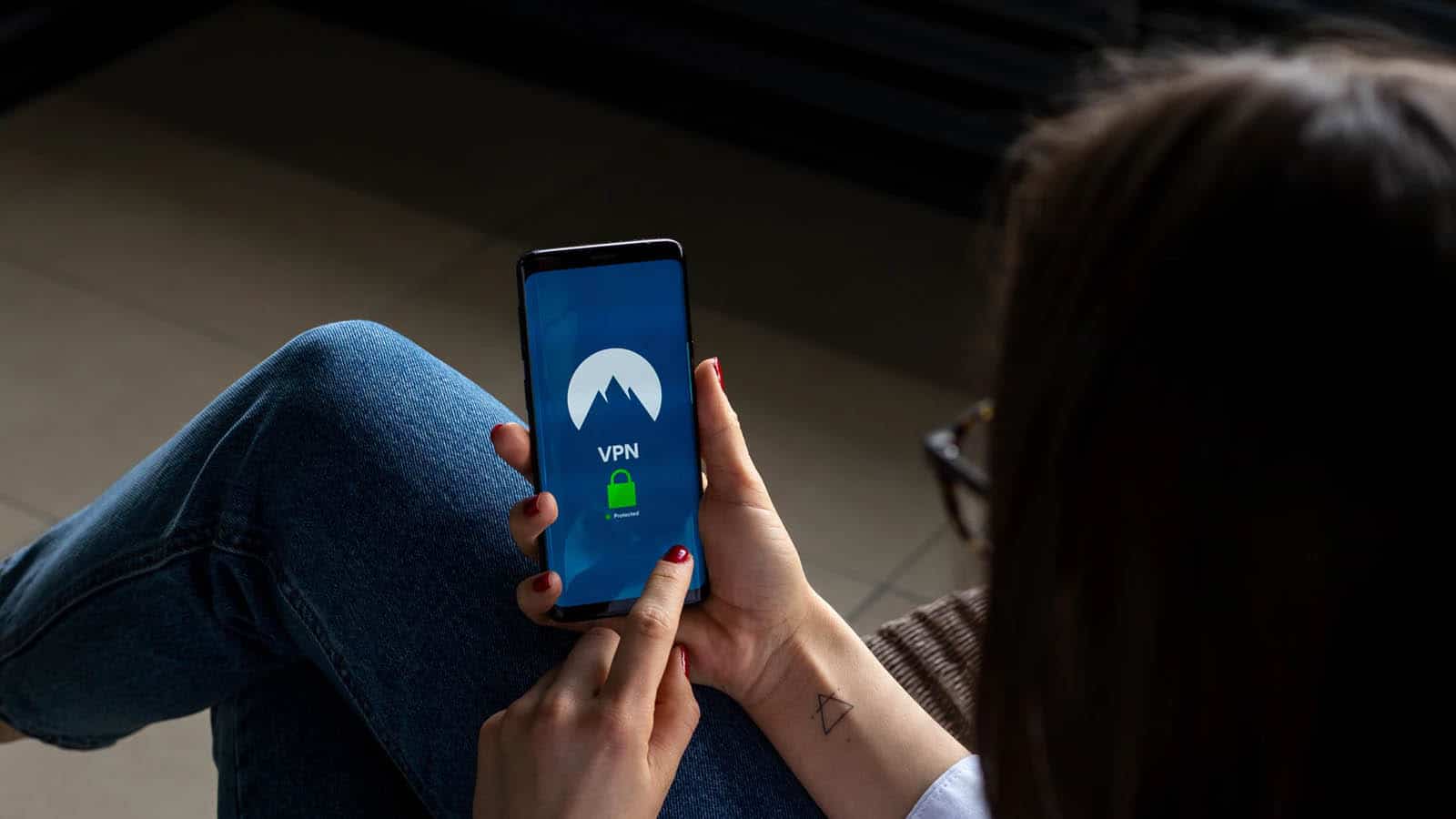Tech
An ultimate guide to understanding VPNs & their significance
Here’s everything you need to know.

Just a heads up, if you buy something through our links, we may get a small share of the sale. It’s one of the ways we keep the lights on here. Click here for more.
Servers, encrypted tunnels, and protocols. Do they sound too complicated to describe VPN?
Back in 1996, VPN (a virtual private network) was already on its way to revolutionize Internet browsing. Since then, everyone knows what VPN is, but nobody understands it thoroughly.
The growing number of data breaches is also resulting in the popularity of the free VPN. But today, we will explore the world of VPNs differently.
What Is A VPN?
VPN is a safe zone for your data and privacy on the open Internet. A VPN server helps your traffic to go through an encrypted tunnel from a device to a network so that nobody can see your search results or eavesdrop on your traffic.
It’s a one-tech solution for today’s digital-friendly people. The most important thing about VPNs is that they enable privacy by combining the point-to-point tunnel and an array of encryption services.
As per Business2Community, the frequency of VPN usage is 35% daily for VPN desktop users and 42% for VPN mobile users. This means more and more people are using VPNs to secure their networks.
Big companies use Corporate VPN to connect remote employees as if they were using a centralized system like LAN for sharing data and resources. Meanwhile, common people use it as a firewall to protect their identity and access any website or content.
How Does It Work?
A short answer: It acts as a proxy for your web activities. Thus, every piece of information is a secret between your VPN server and the VPN client.
A VPN extends a network through encrypted connections made over the Internet. To be clear, when you connect the VPN app on your device, it routes a secure connection with the VPN server and masks your IP address.
Similarly, when you access any site without a VPN, your ISP (internet service provider) assigns you an IP address. Now your ISP can easily spy on the type of content you are accessing. But with the help of a VPN, your ISP or any other person on the internet can’t trace your internet traffic’s final destination (it’s hidden, remember).
Benefits Of VPN
According to Statista, the coronavirus hit expanded the usage of VPNs in countries like Italy and the United States, where they saw a 124-160 % growth in both these countries.
No wonder people agree that VPNs are now the cornerstone of online privacy. And this brings us to the benefits of the same.
- Access geo-restricted content
- Shop and beat price discrimination
- Protect your identity forever
- Flexible for general users
- Use multiple servers with just one account
- Encrypt your data online
And, you can enjoy all these benefits from today without any hassle.
Types Of VPN
As per Forbes, the global VPN market valued at $15 billion (2016) is now projected to grow by 18% before 2022. We all can agree that security and privacy are two critical drivers for this exponential growth.
And sometimes, it’s difficult to get the best VPN that suits your needs. So, let’s take a look at the types of VPNs so that you can choose the best one:
- Remote Access
Remote access grants permission to people living in or outside an area. You can easily secure or browse data from any country. Remote access VPN encrypts all the information that is sent or received in between.
Remote access does create a tunnel between the organization network and a virtually private remote user. As a result, you can browse the Internet with complete privacy and gain access to restricted content in your area.
Headquarters and corporate agencies mainly use it to share applications or data with their employees (safely) working remotely.
- Client-based VPN
A client-based VPN is a virtual private network connection that connects a single user to a remote network. This is often done via an application like a mobile phone, laptop, Ipad, or any other device that maintains communication.
An encrypted link is formulated for a safe connection between the device and the remote network for the stable exchange of data. For example, if you’re traveling and use a VPN client on your Mac to connect to headquarters. This permits you to manage your network remotely over the secure VPN tunnel between your device and the headquarters firewall.
Not only that, but a client-based VPN also comes with a choice to manually authenticate the encrypted connection between the user and the remote network. In short, the user can access the remote network through the encrypted tunnel.
- Site to Site VPN
A site-to-site VPN connects two or more networks that keep the data encrypted between two different locations.
It connects the entire network, such as a corporate network and a branch office network, from different locations. It is mainly used by organizations that have offices in different geo-locations. To function smoothly, it creates a connection like Wide Area Network (WAN) so that users can communicate and share resources without any issue.
It works best for companies that prioritize privacy. A site-to-site VPN can act as an operational hub for all activities. Since everything shared goes through the site-to-site VPN gateway, no one can access any info other than the users who are logged in the network.
Conclusion
VPNs are now in the middle of a wide surge due to remote work and Covid-19. On the one hand, people are consuming content globally, while on the other, hackers are using new tactics to wreck your privacy.
Now that you know why you should be streaming using a VPN, it’s time to take action and secure your privacy.
Have any thoughts on this? Let us know down below in the comments or carry the discussion over to our Twitter or Facebook.


























